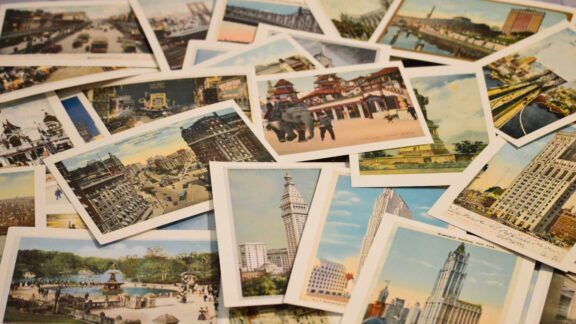|
|
Travel is a rewarding experience. Whether it be experiencing new cultures, creating new memories, or simply taking a breather from life in general, people tend to arrange a trip at least once a year. With that being said, travelling can also be dangerous if you’re not careful enough. But with the help of these 5 practical tips, you are bound to have a much safer experience overall:
5 Ways To Make Travelling Safer
1. Study Your Route in Advance
There is wisdom in being aware of your environment, and it holds in this case. Before embarking on your trip, make sure that the area you’ve chosen to visit is safe. For instance, even if a city you’ve decided to stop by is considered safe in general, there could be certain parts where criminals thrive and prey on unsuspecting tourists. Mark them out and avoid them.
If only particular sub-areas are safe, don’t venture outside. Nowadays, when smartphones are as accessible as they are and you can get an internet connection almost anywhere, your navigation app will take care of that problem for you.
If you can’t find the information anywhere else, talking to the locals is a good way to go about it. You could even ask the staff at your accommodation or other tourists you encounter. Dedicated tourist forums and social media groups are another hidden veil of information you can always tap into.
2. Don’t Flash Your Valuables
This should be common sense, but too many people approach things in a light-headed manner when venturing off the beaten path. Yes, your rings and necklaces might be the best thing since sliced bread and you may have grown an emotional attachment to them, but if they look expensive enough, that’s a prime way to make yourself a target. After all, if you’re travelling to another country, that nice piece of jewellery or an expensive camera you’re wearing around your neck could be worth a couple of monthly local salaries.
Speaking of which, do strive to keep your wallet safe and always know where it is. Never carry around too much cash for two reasons. One, someone might notice it and start following you, and two, you could misplace it and lose your hard-earned money. It’s much better to leave your cash and valuables in your accommodation (ask if they have a safe) and only carry around as much as you need.
One last golden nugget of wisdom is to never intentionally make yourself a target by wearing “I love X city” or similar clothing that makes it obvious you’re a tourist. The reason is that the people who don’t have the best intentions often go after tourists because their inexperience makes them an easy target.
3. Tell Your Family (and Bank) Where You’re Going
It’s a good idea always to let someone know where you’re about to go. This way, even if you get into an accident or something happens to you, someone will look after your wellbeing and check if you’re okay. The last thing you’d want is to go hiking somewhere, break a leg, and not have any means of calling for help.
This may seem funny, but you should also notify your bank if you’re about to venture outside your country. The reason being is that taking money out of an ATM with your credit card from an unusual location could set off red flags and many banks will block the card for security reasons. In case that’s the only card you have with you, you could find yourself without access to any money.
4. Know Cybersecurity Risks
Widely accessible internet is one side of the coin, but lingering cybersecurity risks is another. Don’t get your devices hacked or your data intercepted and learn your cyber safety essentials instead.
For instance, the free Wi-Fi you’ll encounter at airports and coffee shops is not a safe way to access the web, especially if you’re about to browse the kind of websites where sensitive information is exchanged. Examples include online banking, social media, e-commerce websites, and more.
An easy solution is to set up a VPN to encrypt your data, thus allowing yourself a worry-free experience from every access point. At the same time, using a password manager falls into the category of good cybersecurity habits to develop. This way, you will be able to craft a secure password that’s unique to every website you visit and not have it be a burden on your memory.
5. Mind What You Eat and Drink
The things you may take for granted at home (such as drinkable water) may be quite different in another country. In the end, it would be a shame to have your trip ruined by a bout of diarrhea, so either research things in advance or stick to drinking bottled beverages. At the same time, don’t get too careless around ice cubes; even if you’ve followed every precaution up to this point, it’s easy to get caught off guard.
If you’re going to taste the local street food, pick a stall that looks clean; any signs of insects flying around and resting their laurels on that juicy piece of meat, and you’d better look elsewhere. To avoid getting food poisoning, stick to the top-rated restaurants (you can always check for reviews online). To avoid getting a food-borne infection the locals are immune to, consider getting vaccinated against local diseases.
Travelling enriches your soul, but don’t get careless. Stick to the tips and guidelines provided above, and have a safe trip!
Author: Gabriela Kurtz: I am an experienced writer who is passionate about digital marketing and traveling! – I always try to give my most honest advice or talk about topics I consider relevant in today’s society.



